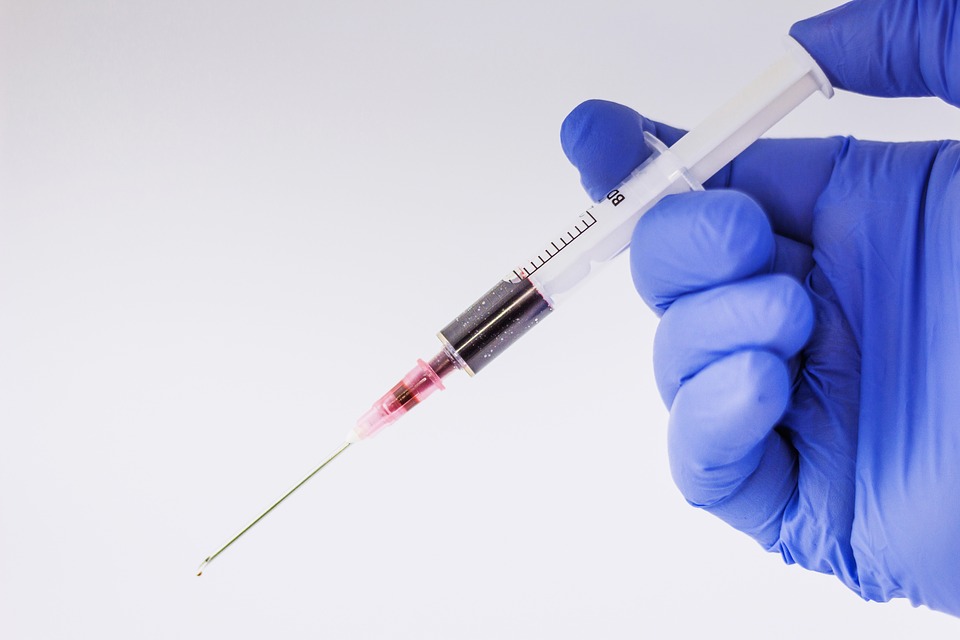Health
Aussie researchers help develop new blood test for cancer

Cancer survival rates are directly linked to how advanced the disease is in a patient during diagnosis. (Pixabay photo)
SYDNEY— Australian researchers said Friday they have helped develop a new blood test for the early detection of eight common cancers, in a move that could diagnose tumors before they spread and increase patients’ chances of survival.
Associate Prof. Jeanne Tie and Prof. Peter Gibbs, from Australia’s Walter and Eliza Hall Institute of Medical Research, were part of the US-led research team that developed the tests for cancers affecting the ovary, liver, stomach, pancreas, esophagus, bowel, lung and breast, the facility said in a statement.
The test “has the potential to be a one-stop, safe screening test for multiple tumor types that should have high community acceptance,” Tie was quoted as saying.
“For the first time, we have the promise of a screening test that will lead to earlier diagnosis and improved survival outcomes for many tumor types that are major contributors to cancer deaths in our community.”
Cancer survival rates are directly linked to how advanced the disease is in a patient during diagnosis, which means that blood tests that can accurately detect the illness well before the symptoms are present is urgently needed, according to the institute. There are still no effective screening tests for many major tumor types and available tests can each only screen for one cancer at a time, it said.
The new blood test, which screens for key proteins and gene mutations that indicate the presence of the cancers, was able to detect tumors in patients in the early stages of the condition in about 70 percent of the cases.
Work on the tests is ongoing, with the researchers’ latest findings published in the journal Science.





















